Well, here we are in 2020. For those of us who’ve been around a while, the year 2000 seems like only yesterday, and 2020 was but a futuristic dream of flying cars and digital wizardry. In fact, in many ways it doesn’t seem like much has changed at all. A bit disappointing really. I must admit, I did think I’d be at least a little bit closer to living my Jetsons dream by now. Alas, it seems that real change takes a lot longer than a couple of mere decades.
If you’ve read any of my other posts you’d know I’m a big advocate of change. Having just watched Dr. Shimi Kang’s TED talk in which she explains that adaptability is the key to an awesome life, I’m thinking I’m probably still on the right track here.
The problem is, as societies and cultures we don’t appear to be very adaptable at all. We fiercely hold on to the old ways, it seems no matter what the cost.
While I definitely appreciate the incredible progress we humans have made, none of it matters much when there is irreversible damage to our habitat happening all around us. 2019 was Australia’s hottest year on record and they have entered 2020 with fires burning an area twice the size of the Amazon fires. As I sit here writing, the sky outside my window is a sad and surreal hazy orange.
- Australia, we love you. Wollombi, NSW.
- Australia, we love you. Queensland. Taken by Phil Norton.
- Sydney, we love you.
Thus, we’ve finished 2019 and started 2020 with massive amounts of CO2 being released, and far fewer trees to absorb it. Anyone else feel like maybe they need to quit their job and start planting trees instead? Fire fighters in Australia essentially have. Many of them are volunteers who have gone without any income for months on end. When your back is against the wall, you’ll do anything to survive.
Yet, still, most of us clearly aren’t feeling that our backs are against the wall. Even in Sydney, where air pollution is so toxic that it has been measured at 14 times the hazardous level, New Years Eve was celebrated with millions of dollars worth of (potentially fire starting) fireworks.
So let’s start there.
New Years Eve
I stopped celebrating it many years ago. I’m not sure I can pinpoint exactly why, other than that I just don’t care much. Every year in my twenties and half of my thirties I’d make resolutions I couldn’t keep and party all night essentially just to drown out the noise in my head. I didn’t really know what I was supposed to be celebrating.
Don’t get me wrong, I love to celebrate. Gratitude and appreciation are necessary. So too is reflection and intention setting. So these days I usually do a bit more of that around the new year. Celebrating is something we can do every day; from all of our own tiny successes to those of our loved ones, and even strangers. Hey, you got out of bed today and made yourself a healthy breakfast! Awesome job insert-name-here!
I also get that it gives people a sense of community and togetherness, and it’s wonderful to marvel at what the creative human mind can conceive of (magnificent fireworks displays). HOWEVER. Why do we need to do that with something so expensive and so dangerous – for us and our animal friends?
I tried to enjoy the view of the Auckland fireworks from my balcony this year, but that meant stuffing down thoughts of the hungry little New Zealand children who could have been fed with the money spent on our egoic sky display.
What I want to know is, if we know better why aren’t we doing better? And I know that most of us do know better. We know how many people are burned on Guy Fawkes day. We know it costs our health care system. We know animals are also burned and frightened by the noise. We know fireworks start fires. But we still do it.
Why?
Because it’s tradition. Hey, in China and Egypt we used to bury hundreds of people alive to help out our rulers in the afterlife – why not start that one back up again too?
Or perhaps we could use our collective creative talents to come up with some new and environmentally friendly ways of enjoying the new year…
Christmas

Christmas, for me, has become unbearably wasteful and commercial. Even with my environmentally conscious family, I still often feel like I’d rather bow out altogether. Watching children open gift after gift like little zombies hurts my soul. Knowing that their growing egos are learning “stuff equals happiness” with each gift opened.
Presents are traditionally wrapped in paper from trees we desperately need, and housed in plastic we already have no where to put. New Zealand is one of the worst culprits of gift waste, though we are by no means alone. Economists and our governments encourage us to spend spend spend! Never mind what it’s doing to our planet. Most of our gifts will eventually end up in landfill. These very traditions are causing the destruction of the environment our little ones will grow up and have to deal with.
Half these happy-little-present-opening children will probably end up having eco-recovery jobs, devising ways to get rid of the waste they once played with, or cleaning up the air, water and land that we have neglected to preserve. I don’t know how any of us can know this and continue to perpetuate it. I’m willing to suffer through being the grinchy Aunty who almost never gives them stuff, hoping that someday they might see me as the “woke” Aunty who knew better.
The good news is, there is a lot we can do to change this. Buying sustainable gifts for a start, and in my family we prefer to do a gift exchange so that the adults only receive one present each. Next year we’ve decided that those gifts will all need to be created by hand (we’re a creative bunch). Santa sacks – don’t wrap each gift inside individually. My sister also used a cool, sustainable, non-religious, educational advent calendar.

Then there is the traditional food. In my family this year we compromised. I’m the only vegan, but everyone is environmentally aware. We had a range of amazing and filling salads. Everything we ate was plant-based except for one small plate of cold ham. I attempted a vegan pavlova, which would have been awesome if I’d followed the instructions better. Sorry fam. Doesn’t sound very traditional does it? But we are making our own traditions in line with our own values, and I think that’s amazing. We’ve still got a few kinks to iron out, as you always do when combining families with different traditions, but every year gets a little bit better, and our favourite topic of conversation over drinks is you guessed it… the environment.
I’ve got another tradition of my own; when I’m in the financial position to do so, I like to throw a Christmas party and make food for all my friends. This is my way of getting into the spirit of giving without creating too much waste. Naturally it’s all vegan, and because twenty people aren’t bringing twenty random dishes to share, nothing gets thrown out.
Thanksgiving and other traditions
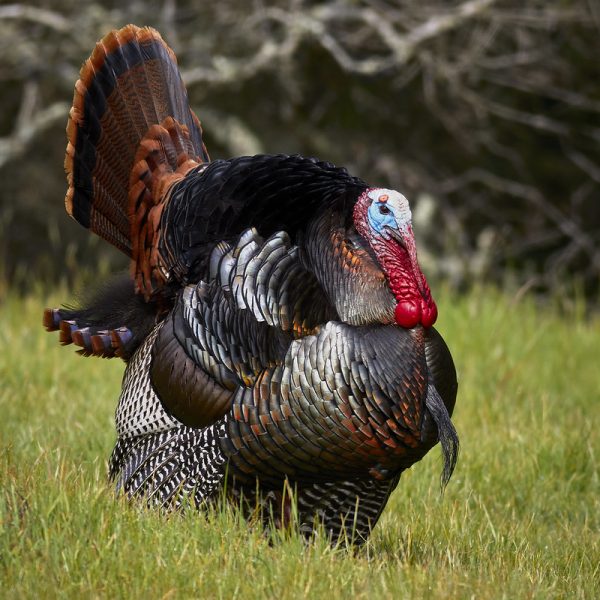
Turkey. Photo credit to Frank Schulenburg of California.
In New Zealand we don’t celebrate Thanksgiving. We have something called Waitangi day. This is essentially a day to celebrate the signing of a duplicitous treaty signed between the Maori and European settlers. A treaty which is both upheld and debated to this day. It can sometimes feel more like a day of tension than of celebration. So I’m happy to say that we’ve also started new traditions here in New Zealand. We celebrate culture and diversity. And I don’t just mean the people from those cultures celebrate, I mean we all join in.
Matariki is a festival which wasn’t celebrated by the mainstream public in New Zealand when I was a kid. It is an ancient Maori tradition which has now become an almost month long celebration of Maori culture. Here’s hoping it will also translate into a public holiday in the near future!
In NZ two of our largest immigrant populations are Indian and Chinese. We have wonderful celebrations of both. My favourite celebration in 2019 was Diwali. I am always so moved to see the beautiful dancing and music and food and how embraced and supported it is by our local councils and communities. There is also government funding for celebrations of more minority cultures like Pacifica, Mexican and Brazilian festivals.
Thanksgiving (celebrated in the USA and Canada), leaving aside what it’s originally a celebration of, is all about family and food. Nothing wrong with that, right? Not exactly. Two of the main causes of global warming are travel (planes and cars) and consumption of meat. So, maybe it’s time to start rethinking not whether or not you should celebrate, but how you can do so in a less environmentally impactful way. Small, local celebrations? NO WASTE. One of my observations of American culture, in and amongst all that I dearly love about it, is the absolute excess and virtual worshipping of that excess. The idea that bigger and more is better. Deplete the earths resources until there are none left, why don’t ya.
If we love our countries and the people who live there, why not conserve them?
Prepare and bring only the food that you need, and make sure any leftovers are divided up and taken home. Better yet, decide that your family will start a new tradition of celebrating the natural environment by eating local and plant-based foods. The new foods are just as tasty as the old ones, and without a side of existential guilt.
Why do I care? There are about 79.2 million families in the USA. There are 4 million people in NZ. We couldn’t create that much waste if we tried. And if every family in the US said “meh, it’s just one day… it’s okay” that’s at least 1,354,000 tons of CO2 produced in turkey consumption alone, not to mention the water use footprint, and the cruelty.
Not that I mean to pick on the USA. Every country has its own environmentally destructive traditions; however, most of those people don’t read my blog. And don’t get me wrong, I do mean to influence!
Time for Change
In spite of our growing awareness and knowledge, people are clinging on to the way they’ve always done things. Perhaps it is because those traditions bring a sense of comfort in these stressful times. I promise you though, you will be more comforted creating new traditions which also alleviate the stress of cognitive dissonance. It’s exhausting constantly justifying to yourself why it’s okay to sometimes go against what you truly know is right.
Another reason we might not be adjusting our ways is that we don’t seem to make the connection between now and the future. I’m grateful (and sometimes frustrated) to have been raised environmentally conscious. But in the year 2000 I wasn’t thinking about bushfires, rising oceans, and running out of water, nearly as much as I am now. And I’m quite certain in 2040 our kids will be thinking about it more than we can possibly imagine. So let’s raise them aware, and show them we are doing everything we can.
How important are our traditions in the face of a dying planet directly caused by them? Wouldn’t you rather be part of the solution than living in an idealised past? I know I would. I don’t think we can afford another couple of slow moving decades, and I’m pretty sure the young people of the world agree with me.


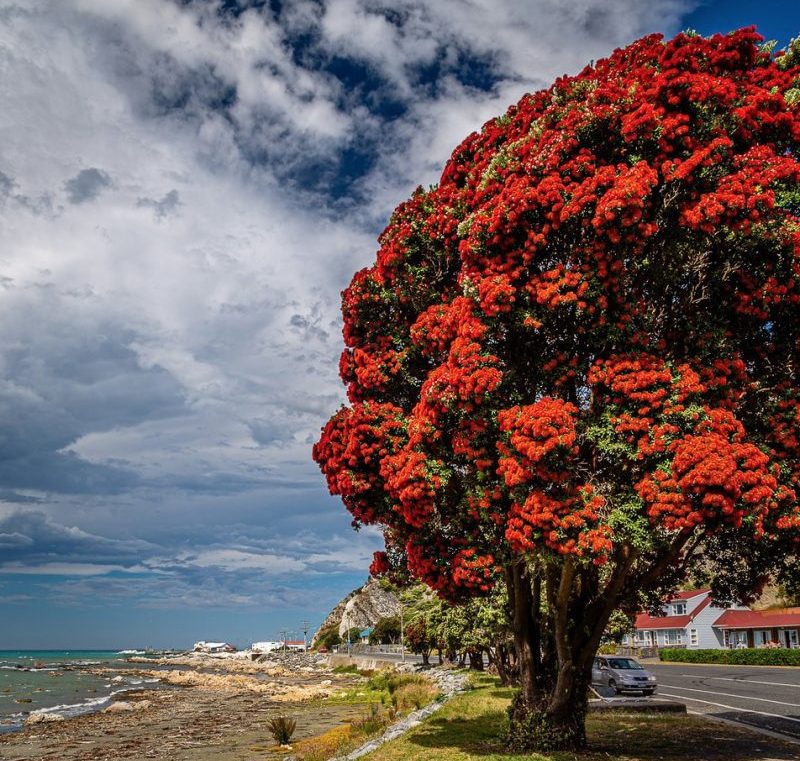



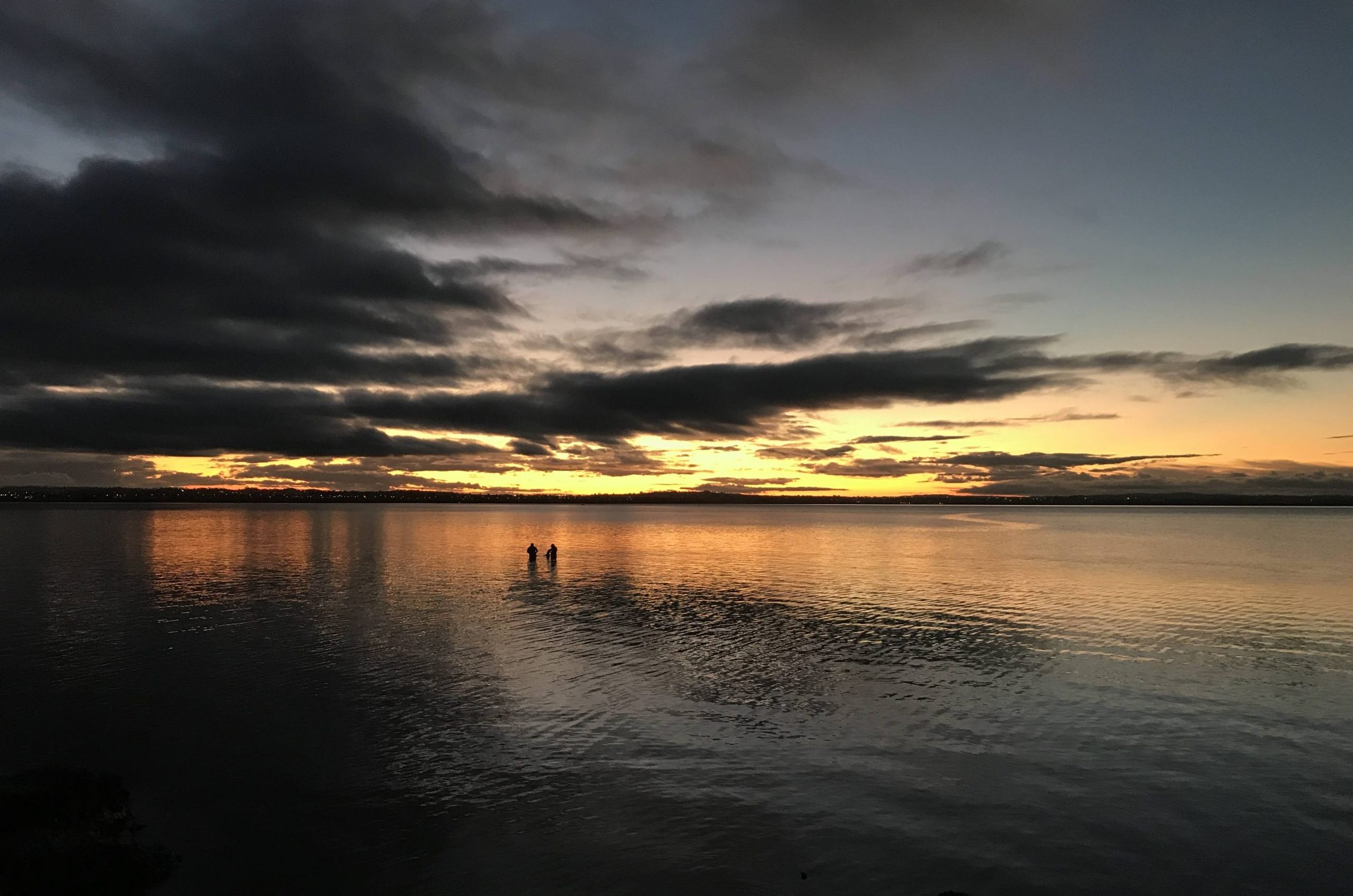
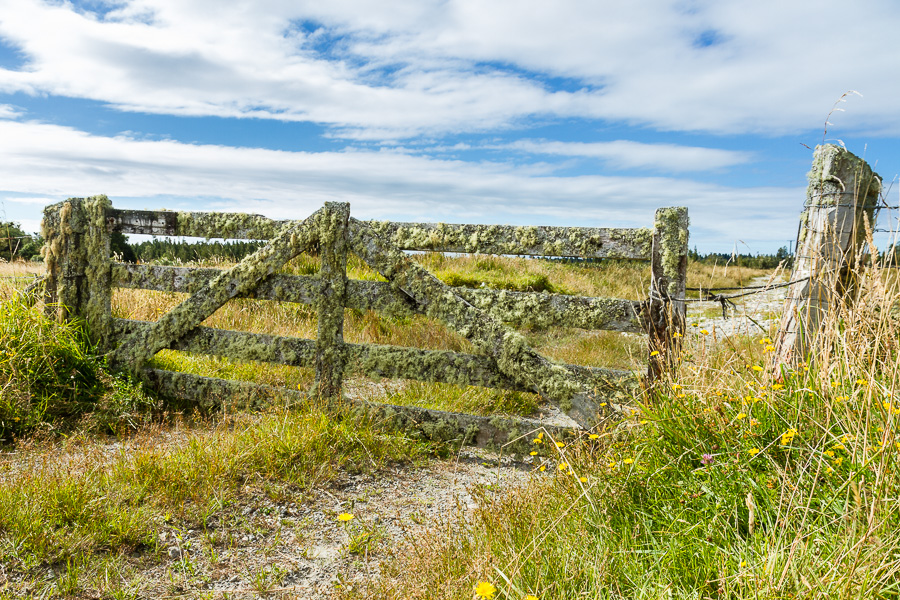
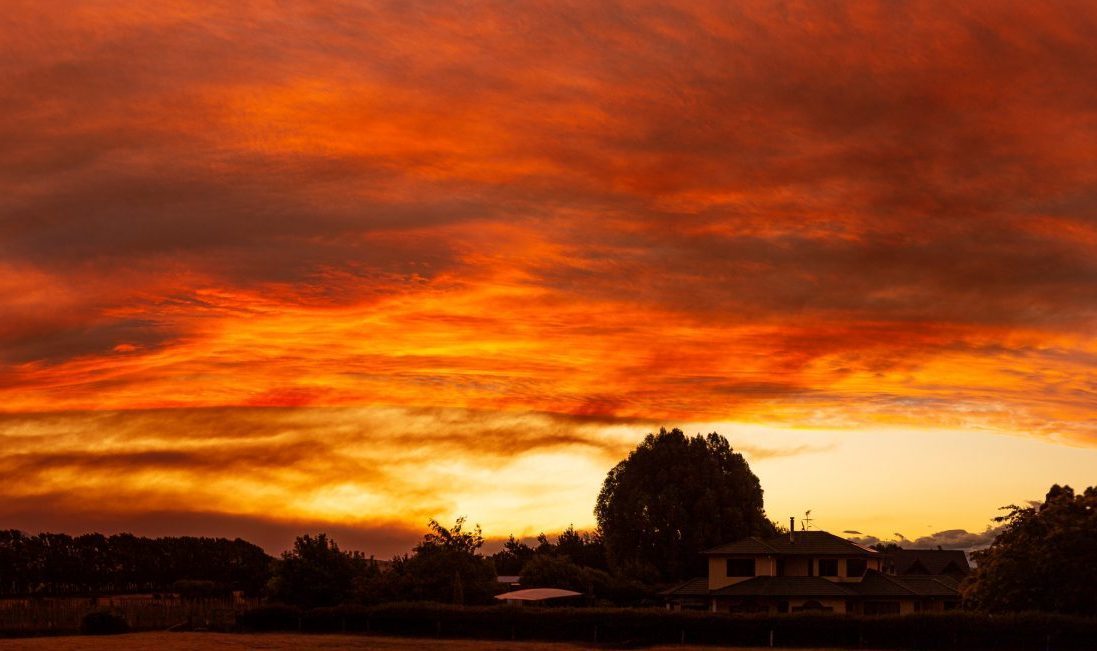
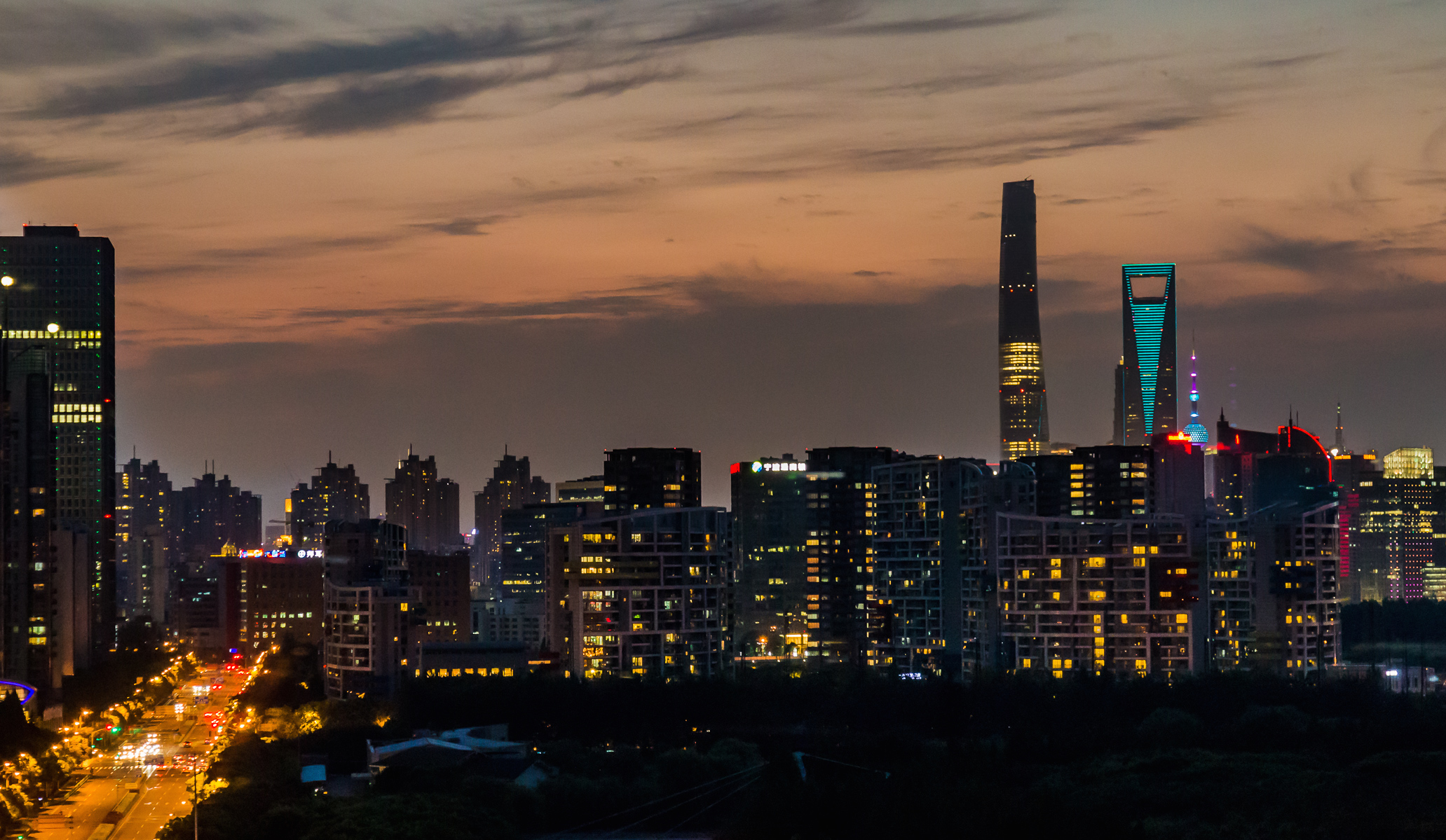
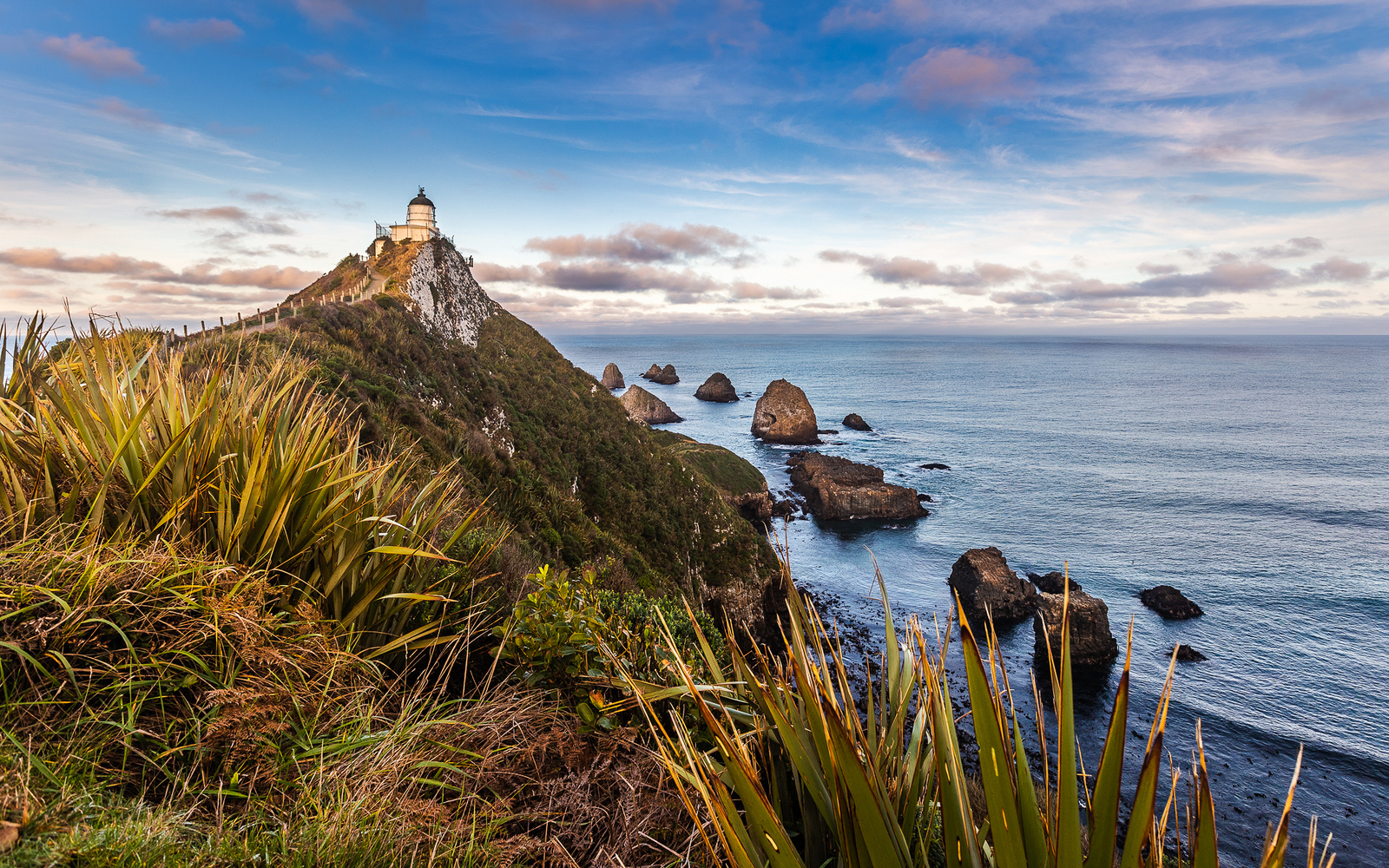
Leave A Comment